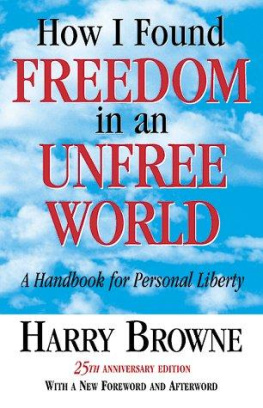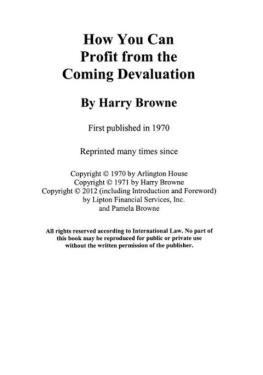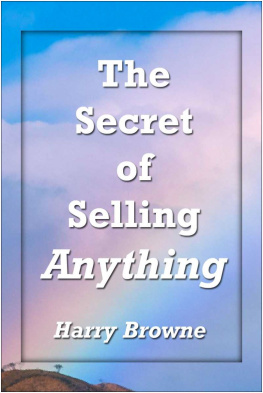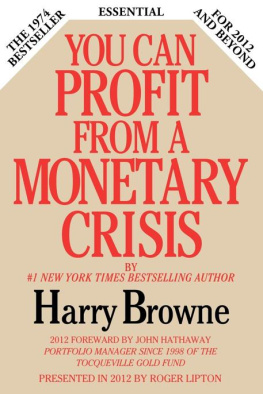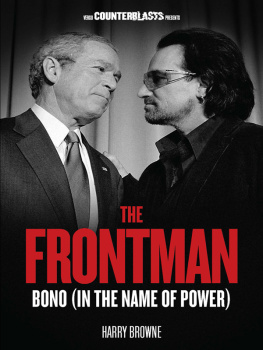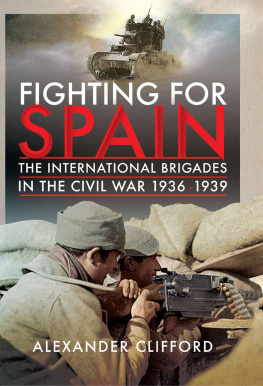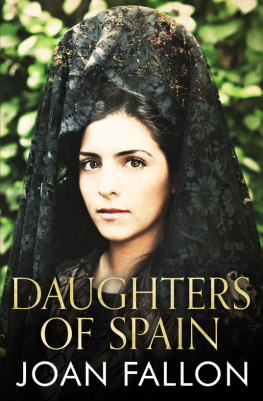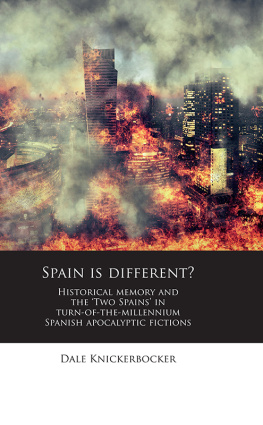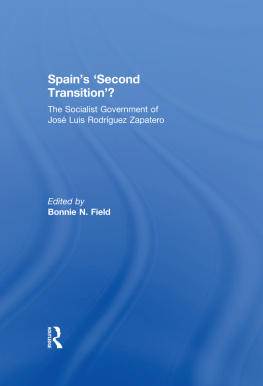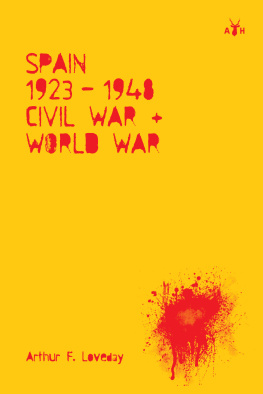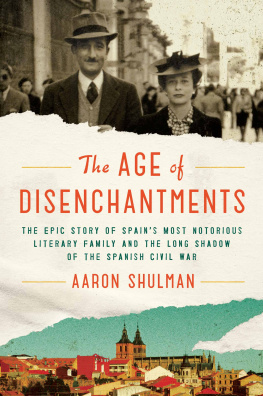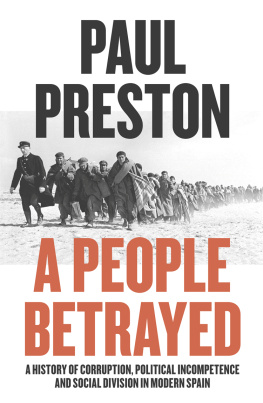First published 1983 by Pearson Education Limited
Second edition 1996
First published 2014 by Routledge
2 Park Square, Milton Park, Abingdon, Oxon OX14 4RN
52 Vanderbilt Avenue, New York, NY 10017
Routledge is an imprint of the Taylor & Francis Group, an informa business
Copyright 1983, 1996, Taylor & Francis.
The right of Harry Browne to be identified as author of this Work has been asserted by him in accordance with the Copyright, Designs and Patents Act 1988
All rights reserved. No part of this book may be reprinted or reproduced or utilised in any form or by any electronic, mechanical, or other means, now known or hereafter invented, including photocopying and recording, or in any information storage or retrieval system, without permission in writing from the publishers.
Notices
Knowledge and best practice in this field are constantly changing. As new research and experience broaden our understanding, changes in research methods, professional practices, or medical treatment may become necessary.
Practitioners and researchers must always rely on their own experience and knowledge in evaluating and using any information, methods, compounds, or experiments described herein. In using such information or methods they should be mindful of their own safety and the safety of others, including parties for whom they have a professional responsibility.
To the fullest extent of the law, neither the Publisher nor the authors, contributors, or editors, assume any liability for any injury and/or damage to persons or property as a matter of products liability, negligence or otherwise, or from any use or operation of any methods, products, instructions, or ideas contained in the material herein.
ISBN: 978-0-582-28988-8 (pbk)
British Library Cataloguing in Publication Data
A catalogue record for this book is available from the British Library
Library of Congress Cataloging-in-Publication Data
Browne, Harry, 1918
Spains Civil War / Harry Browne. 2nd ed.
p. cm. (Seminar studies in history)
Includes bibliographical references (p.) and index.
ISBN 0-582-28988-2 (ppr)
1. SpainHistoryCivil War, 19361939. I. Title. II. Series.
DP269.B83 1996 96-16745
CIP
946.081dc20
Set by 7 in Sabon
Such is the pace of historical enquiry in the modern world that there is an ever-widening gap between the specialist article or monograph, incorporating the results of current research, and general surveys, which inevitably become out of date. Seminar Studies in History are designed to bridge this gap. The books are written by experts in their field who are not only familiar with the latest research but have often contributed to it. They are frequently revised, in order to take account of new information and interpretations. They provide a selection of documents to illustrate major themes and provoke discussion, and also a guide to further reading. Their aim is to clarify complex issues without over-simplifying them, and to stimulate readers into deepening their knowledge and understanding of major themes and topics.
ROGER LOCKYER
Readers should note that numbers in square brackets [5] refer them to the corresponding entry in the Bibliography at the end of the book (specific page references are given in italics). A number in square brackets preceded by Doc. [] refers readers to the corresponding item in the Documents section which follows the main text. Words which are defined in the Glossary are asterisked on their first occurrence in the book.
The publishers would like to thank the following for permission to reproduce copyright material: Sheed and Ward for an extract from Correspondent in Spain, by H. Edward Knoblaugh; Jonathan Cape for an extract from Jose Antonio Primo de Rivera, Selected Writings, by Hugh Thomas; Freedom Press for an extract from Collectives in the Spanish Revolution, by Gaston Levai; Faber and Faber Ltd for an extract from Crusade in Spain, by Jason Gurney; Victor Gollancz for an extract from What I Saw in Spain, by Dame Leah Manning; Fontana, an imprint of HarperCollins Publishers Limited for an extract from Franco, by Paul Preston; Reed Consumer Books Ltd for extracts from The Civil War in Spain by Robert Payne published by Secker & Warburg, 1969.
Whilst every effort has been made to trace the owners of copyright material, in a few cases this has proved to be problematic and so we take this opportunity to offer our apologies to any copyright holders whose rights we may have unwittingly infringed.
Since the beginning of the nineteenth century, Spain has suffered a series of civil wars of which that of the 1930s to all outside Spain the Civil War is the most recent and certainly the most crippling in terms of simple human and material loss. Fundamentally Spanish in origin, these were wars between town and country, between constitutionalists and Carlists, between new and old Spain. Sometimes, as in the wars of the 1830s or 1930s, foreigners were drawn in to what were essentially domestic conflicts between Spaniards with differing visions of Spain. The war of 193639 fell within this long, unhappy tradition: it was fought with the ferocity of Carlist* wars, and, on the Nationalist side, with the banners and slogans of Old Castile, defending herself against the new insidious poison of Marxism. The Church and the Catholic middle class fought the war as a crusade against godless ideas threatening the true quality of Spanish life and they rallied enthusiastically behind the army leaders who raised their standard in a traditional pronunciamiento* On both sides the war began with a simple panoply of ideas: defence of the Republic pitted against a call to restore public order. In Europe, the Spanish war was quickly confused with the fascist challenge to democracy, and Spanish problems were interpreted in European terms; yet, in fact, the breakdown had peculiarly Spanish causes. Indeed, it might almost be seen as a consequence of Spains failure to become a mature state rather than as evidence of her involvement with the major European conflicts of the 1930s. In the view of one Spanish historian, Carlos Rama , the Civil War resulted from Spains failure to create a state which could command at least the allegiance, and perhaps even the lukewarm support, of its citizens.
One institution traditionally not offering more than lipservice to the state was the Army, which had seen itself as the quintessence of all that was Spanish, representing no matter what the political system the authentic general will. This conviction that the Army


